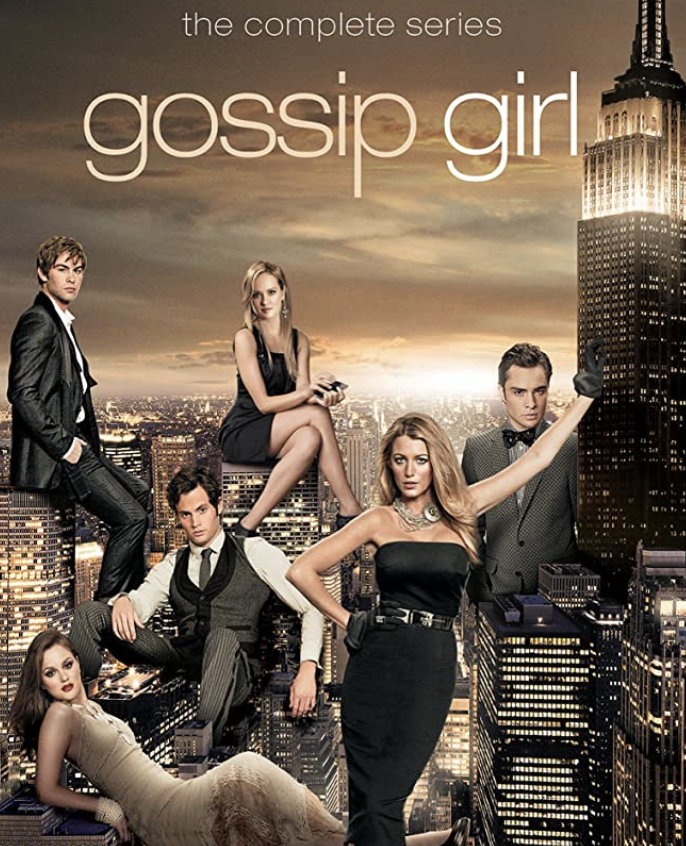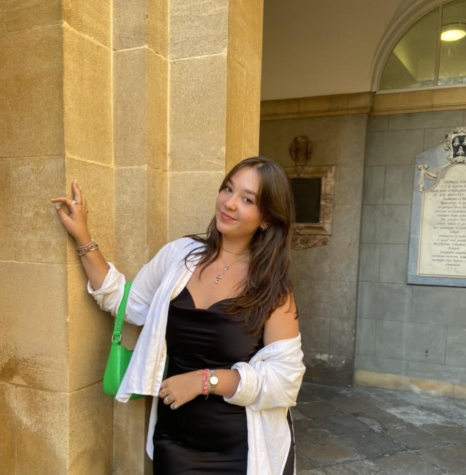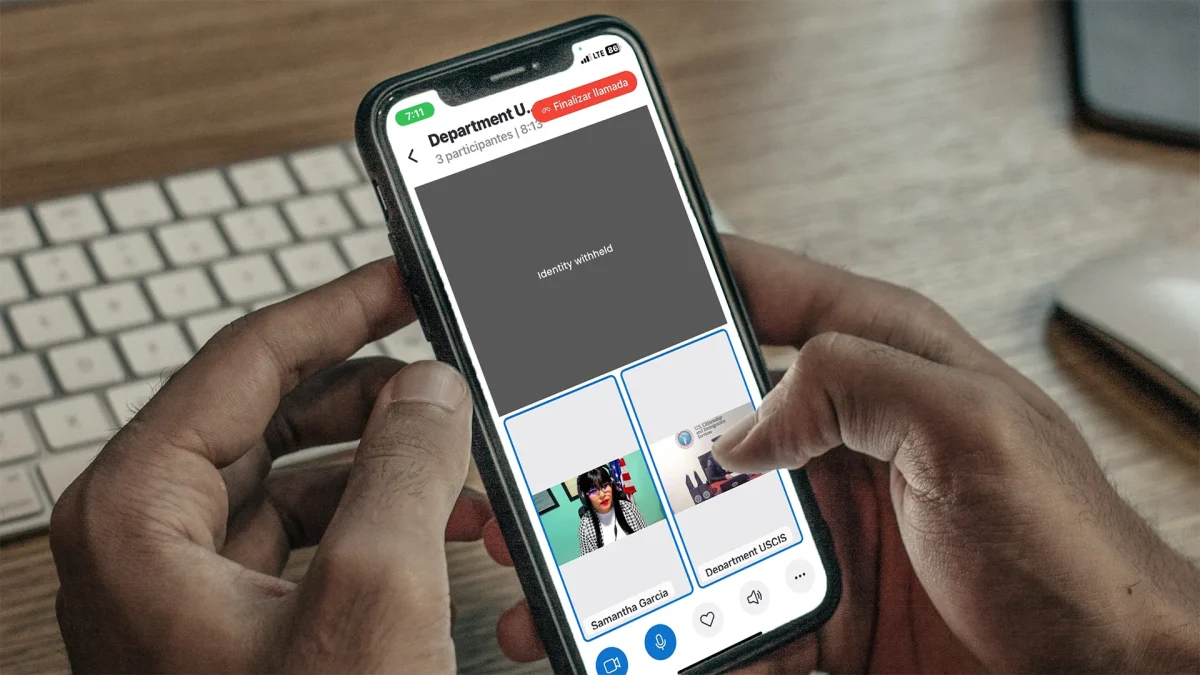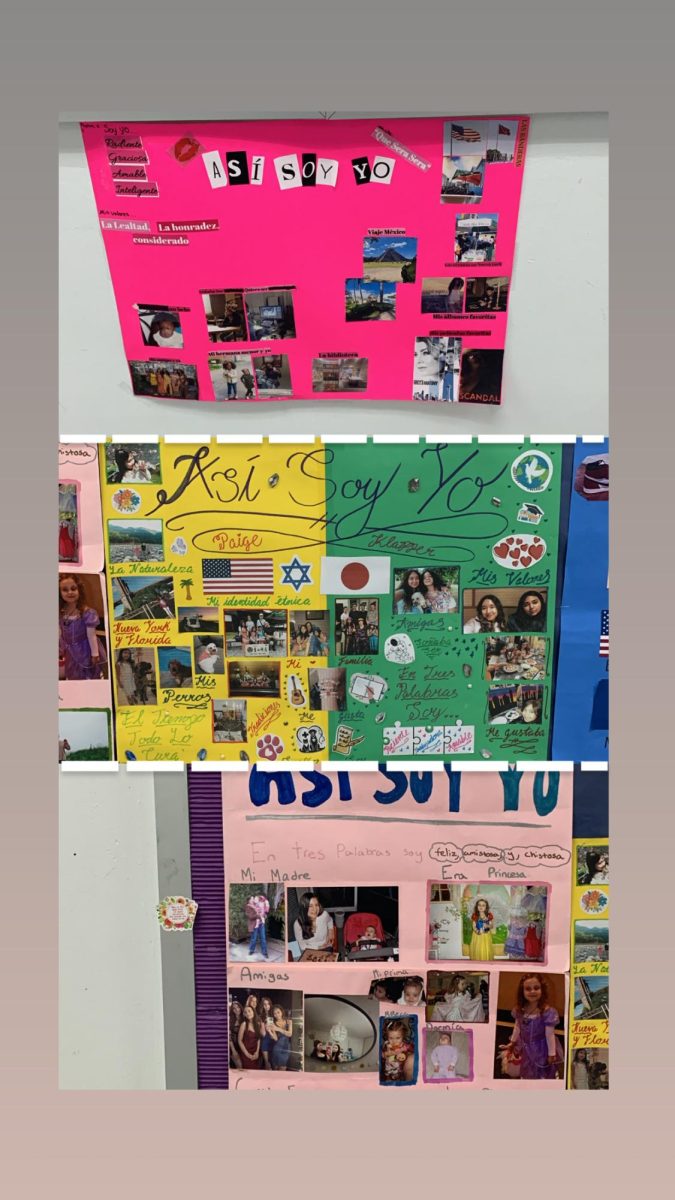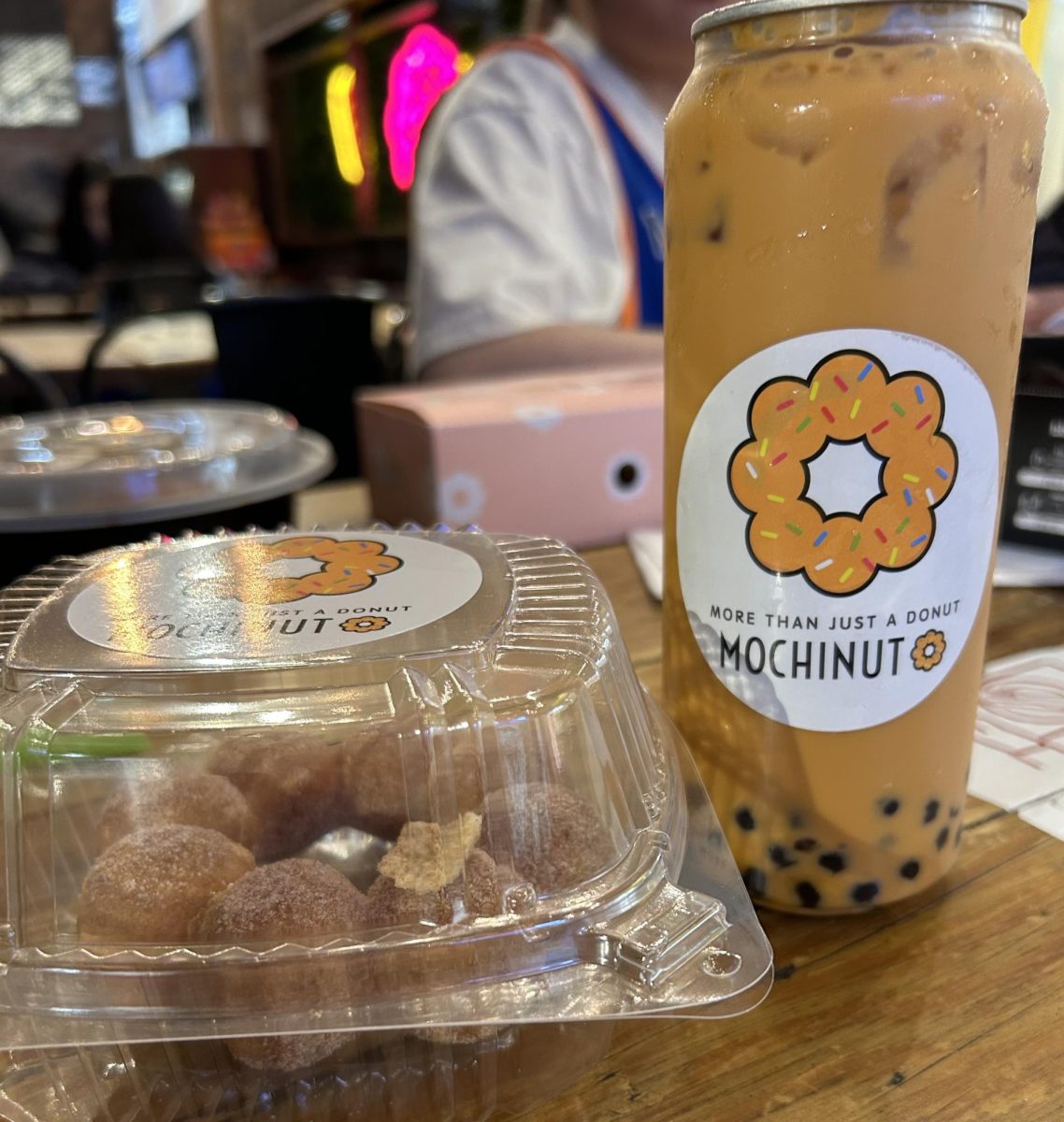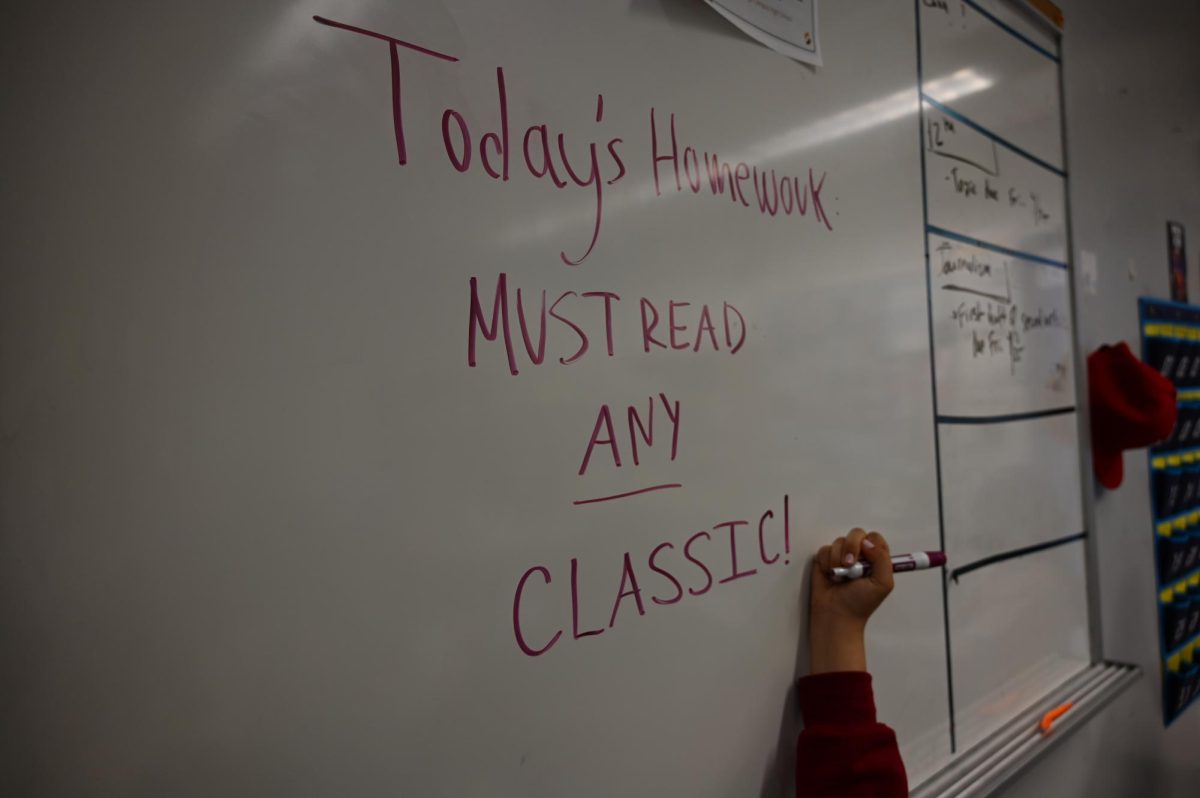What’s the Value of Gossip to a New York City Teenager?
March 8, 2023
“Omg did you hear about what happened last weekend?” This is a question that I’ve heard countless times during first period on Monday morning. Following this phrase, I patiently wait for the story that follows. Unless you are an exception to the rule, which few are, I can guarantee that you’re guilty of gossiping in some way or another.
In the odd bubble that is New York City, news spreads like rapid fire. If something juicy happens on Saturday night, it’s probable someone across the city will hear by brunch on Sunday morning. When you tell someone you grew up in NYC, without fail, one of the first things they’ll ask is “Oh my god is your life like Gossip Girl?” I think I can say with full confidence that most New York City teenagers are not sipping Martinis at the Plaza on a Tuesday night, but the one thing about the New York City experience that Gossip Girl does get right is this: everybody knows everybody and everything. But in a city of almost 9 million people, and approximately 1.2 million students, ranging from Pre-K to 12th grade in both Private and Public schools, how is it possible that information spreads like rapid fire?
There is no real life Gossip Girl account that spills students’ dirt for the entire city to hear– as far as I know. But, to be frank, I don’t really think we need it to hear the daily drama that’s brewing at the city’s top schools. Word of mouth may be the most useful form of communication for a New York City teenager.
Dare I say it? Gossip may just be the modern teenager’s form of oral storytelling. Spewing our own version of origin stories–the hottest piece of gossip from the weekend–is our way of fostering connections with each other. And it’s not something new. Oral storytelling has been employed by a vast array of cultures as a means to spread their beliefs and history.
I know it sounds crazy that in a massive city like New York new travels fast, but it’s true. Sunday brunch is used for recapping the night before; “did you see what happened with so-and-so last night?” Then comes the social media deep dive, trying to piece together fragmented pieces of a story that you believe to be true. But you’re not the only one recapping the weekend’s events at Sunday brunch. All over the city, teenagers chat over a bagel and an iced latte telling their own version of stories. Ultimately, you end up with a distorted version of a story that will creep its way into everyone’s mouth until the next big thing comes around. Yes, someone is on the other end of that rumor and is probably hurting as a result of it, but it doesn’t matter, because you have something to talk about.
So I guess it comes down to the age-old question– is gossip, at its core, good or bad? Or a mix of both? The Oxford Language Dictionary defines gossip as “casual or unconstrained conversation or reports about other people, typically involving details that are not confirmed as being true.” Obviously it hurts to hear false stories or rumors being spread about you, but is there social value in gossiping? I mean it’s not like we’re the first generation to participate in gossiping. In an article titled “Psychologists say gossiping is a social skill. Here’s how to know if you’re doing it right,” Professor of Psychology at Knox College Frank T. McAndrew claims that, if you feel the urge to spread news that you’ve recently heard, it’s “because we’re human beings and sharing information about one another is part of what we do.”
When used strategically, gossip can help students in networking, and most importantly, to help others. If you are told a piece of information that could potentially hurt somebody, I believe it’s in your best interest to share that piece of information. In the same article it says, “gossiping is a social skill” that we use every day. Gossip doesn’t have to sound like “oh my god did you hear about what so-and-so said about so-and-so.” Gossip could simply mean “hey, I heard this about so-and-so, maybe be careful getting involved with them.”


